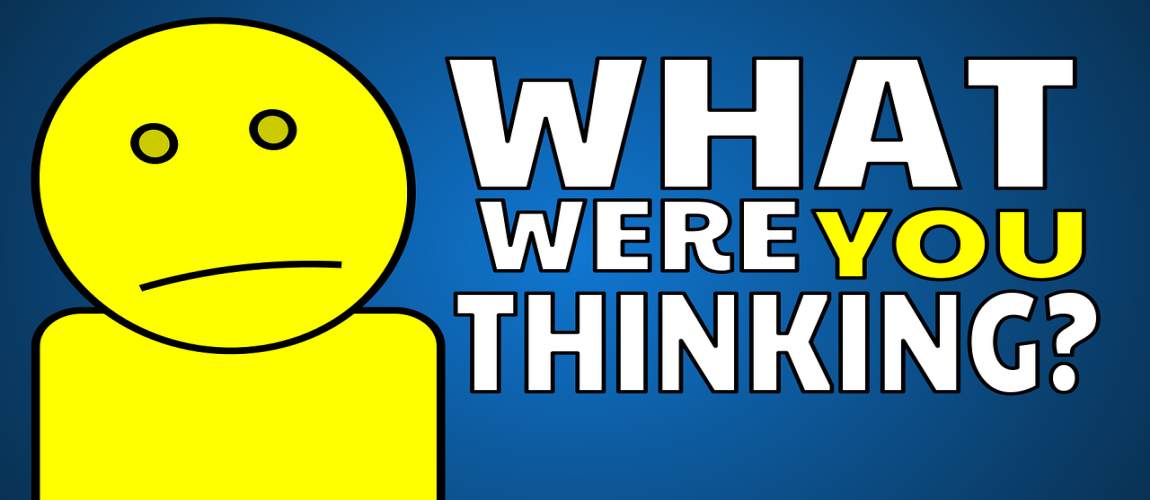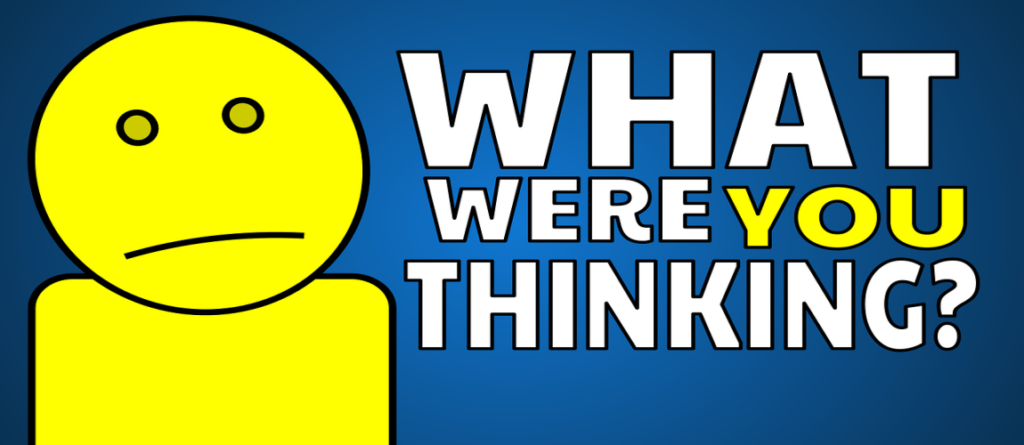Self Publishing – Why it so often fails
A.P. Atkinson
The industry is broken. Like Hollywood, the American money-centric model of publishing books is stale and out of date. It’s failed to keep up with the needs of the audience, and has totally lost touch with what they want from their art. It increasingly drives a political agenda that the vast majority of readers don’t share, and their books stubbornly refuse to leave the shelves they’re stacked on.
Instead of listening to the actual preferences of the audience, the industry has tried to dictate the market to them and force writing on them that they just don’t want to read.

The world has changed, largely thanks to the internet. In response, the industry has largely failed to address the growing trends towards digital media. Instead of embracing new technology, it has instead taken measures such as cutting word-counts and demanding further changes in the work of authors. Now we are warned that books can only be a certain size so that they can print books profitably. Again, the industry is trying to drive changes that nobody wants.
If you are not writing things that closely follows trends, or match the political demographic that they’re openly driving, it’s unlikely you’ll get published at all.

Some years ago, vampires were the latest thing. They had a little rise in popularity and the industry jumped on it. One publishing house took the action of hiring authors to create a novel series for them as quickly as possible. Of course, quality deteriorated as these works were rushed to the market. By the time they arrived, the audience was bored with the over-saturation and it had all fizzled out.
It’s the same with political agendas that are clearly poorly understood even by the people driving them. The end result of all this is a bit of a shambles and explains why 99% of all books published fail to make a profit.
With this in mind, many of us resort to the last, and only, option we have open to us: self-publishing.
Self-publishing is exactly what is sounds like. It’s when the author takes responsibility for the entire process of publishing a book from beginning to end. It used to mean that the publishing industry was taken out of the loop and that quality new work would find its audience without the intervention of politics and trends.
It doesn’t mean that now!
The largest, and best, self-publishing avenue is Amazon. They will allow anyone to upload their novel to the site and sell it to a global audience. But there are serious problems with this business model, from the viewpoint of the professional author.
Amazon doesn’t put any barriers-to-entry in place for their books. They are uploaded digitally and then processed automatically. There is no built-in minimum standard for grammar or content. The work isn’t swept through or checked in any way. It certainly could be, and it’s telling that this isn’t happening. If the work isn’t being checked for grammar then it’s because they don’t care about grammar. It’s very possible for them to do it and they have made a choice not to. The logic behind this is that they’re not interested in quality at all, they’re looking only for quantity.
The fact is that most of us who publish will get at least a few sales. Those sales will generate a profit for Amazon, as our friends and family purchase copies of our books. With the huge amount of content they control, that’s a sizable profit by itself. The sheer volume of material also attracts a similarly huge audience which, in turn, attracts advertising revenue.
Their business model is based on having a vast sea of content, and they simply don’t care what the quality of it is, because it literally doesn’t matter to them.
This has made self-publishing digitally into the new vanity-publishing model. Vanity-publishing is paying a company to produce your book for you. It’s well-named because the books are usually terrible, but that’s of no concern to the printers. They get their money from the desperation or arrogance of writers who don’t feel like they have a choice.
Now, self-publishing is essentially the same thing. Where it used to be that vanity-presses made their money from enticing people to print their books, digital publishers are now doing the same. They don’t need to care what they publish, they just make money from volume.
The audience reaction to this has been exactly what you would expect, since they really aren’t stupid.
I once ran an online shop, selling goods through auction sites. This was years ago and I did very well. But things changed as people caught on to the successes of pioneers like myself. Suddenly everyone started rooting through their attics and dumping their old junk online. Suddenly volume soared and quality declined.
The market became flooded by amateurs who didn’t maintain the same standards. I couldn’t compete with the sheer volume of goods and a lot of the early entrepreneurs pulled out and left the whole business to it.
Customers suffered. The sellers didn’t understand what they were selling and they didn’t care. Items were often broken, damaged or had missing parts, they weren’t properly described and they often weren’t even what they were meant to be.
The reputation of the industry declined and it took some time before it recovered.
The same is happening to self-publishing. To put it bluntly, the amateur vanity-writers are ruining it for the real authors. They’re dumping their work into a market without any idea what’s actually involved in creating a really good novel.
A real author knows it takes a lifetime to master the art of creating high quality literature. It takes a mastery of language and an excellent command of grammar. It takes an understanding of the rules and a grasp of the tools available to turn a creative idea into a good novel. Even more, it takes a good editor to turn your finished work into something the audience can read, and often a proof-reader after that. It takes a graphic artist to create the cover, and it takes a marketing specialist to formulate a strategy for raising awareness in the audience.
These amateur writers don’t have to spend the time doing any of this and can self-publish directly in the same marketplace as real authors. This has created a murky ocean where the audience can no longer find the work they’re looking for. There’s simply too vast a volume, and the audience, quite rightly, is sick of wading through it.
Too often online I see writers complain that their debut novel isn’t selling well. A quick look at the preview pages reveals that the first few lines contain grammatical errors, spelling mistakes, poor-writing and clichés.
What can be done to fix this? There is only way to change this situation, and it isn’t too late yet. The professional authors, the real ones, have to demand quality, just as the readers do.
The forums are too full of amateur writers telling other amateur writers that it’s OK to not bother mastering the craft, that grammar doesn’t really matter, and that it’s OK to just write with no idea how to finish. We have to stop telling people that and instead tell them the truth, instead of trying to comfort people with what we think they want to hear.
If you try writing a book without knowing how to do it, then you’re wasting your time, you’re being disrespectful to your audience, and you’re making things more difficult for real hard-working authors.
People need to understand that it will take around a decade to learn how to really put together a proper novel. It takes dedication to bring a vision to the audience so that they can live inside your imagination. It takes a team of dedicated professionals to polish a diamond out of the coal of your first draft. It takes time, effort and it is an uphill slog.
We need to start spreading that message. I’m not saying we need to discourage new writers but we do need to start giving them realistic advice, and that is that your first few novels are probably going to be rubbish, just like all of ours were. You aren’t going to create a best-seller on your first attempt, and in those rare cases where that happens, it’s because of very heavy editing and trend-friendly marketing. They’re often still rubbish, just rubbish that happened to get lucky.
Self-publishing remains the best option for many of us, but it means that your final draft is the beginning of a very long journey. Your book needs editing and that costs money, perhaps thousands of dollars. It needs packaging and checking and it needs to be properly marketed. These things take time and effort. Just putting words on a page and then putting them online isn’t going to make you a millionaire.
Perhaps if more people realised that writing was an art, and one that required years to master, and not a way to get rich, then the quality of work would go up to a point where the audience might try buying our books again.

In my earlier example, the auction sites got better. They became aware that the standards were declining so they strengthened the audience feedback mechanisms. Larger companies realised the potential and they began trading on that marketplace with a much more professional business model.
This exact thing will happen with self-publishing.
The world needs barriers to entry. It needs checks and balances to make sure things work. People grow and their character improves by overcoming obstacles and facing challenges. We thrive on overcoming adversity. The current trend of giving people meaningless awards for participation is undermining the journey towards striving for excellence. As conventional wisdom tell us, if everyone is special, then nobody is.
Self-publishing is going to have to change, and that change is happening, but corporations won’t do it for us. We have to be that change by focusing on the quality of our work so that we force standards to improve across the industry. We need to honestly tell people producing terrible work that it isn’t good enough and offer advice on how to do better. They’re not children, or won’t be forever. They’ll either learn to improve and become a proficient author, or they’ll step aside and not waste any more of their own time.
Writing isn’t an easy path to a quick buck, it’s our lives and our passions. Self-publishing should be a way for the audience to find radical, new and controversial concepts that might, one day, shape and define literature. But, for now, it’s a garbage dump and the audience is sick of it.
Many thanks for reading this article. We hope it was interesting, informative and entertaining. Follow us on social media or share our content on your own pages. It helps us grow so we can create more free content to help you.
